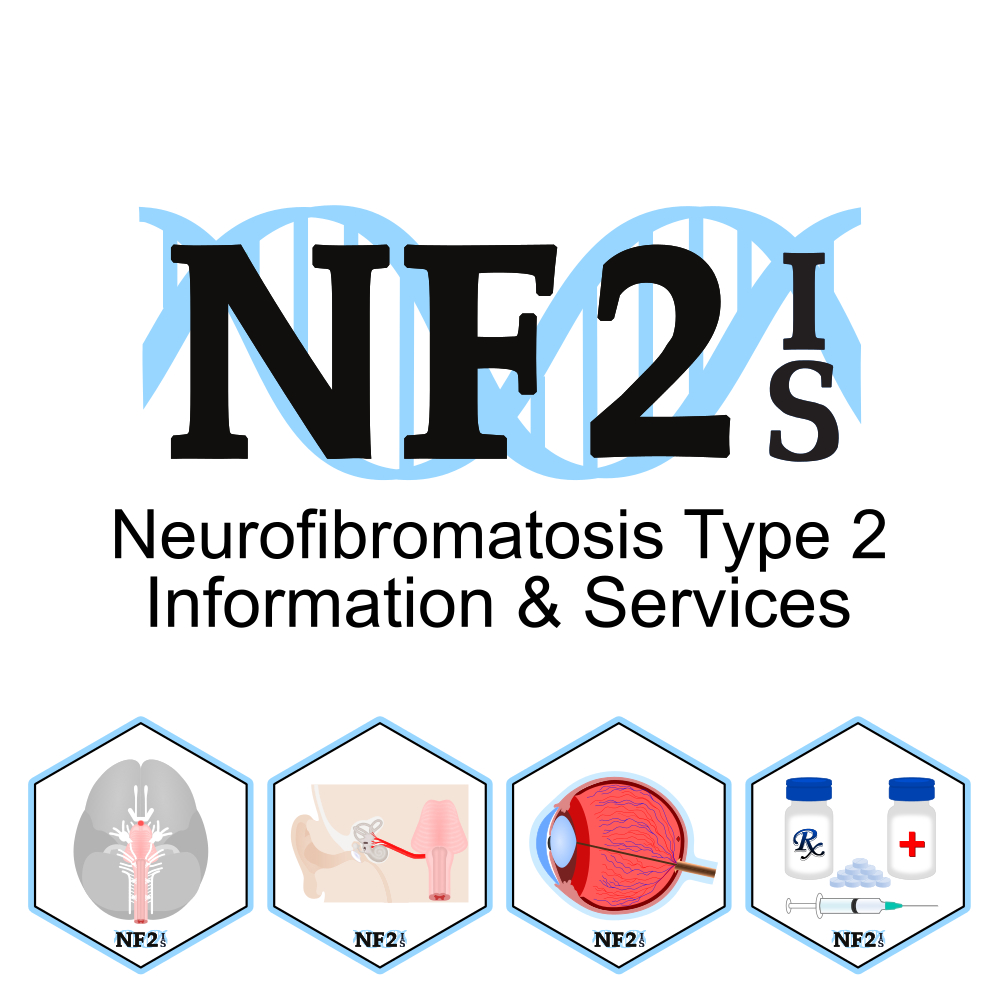Home > Treartment Options >
Preparing for Surgery
Topics Here
- Medications
- NSAID
- Skin Creams
- Vitamins, Herbal Supplements & Herbs
Certain Medications, Vitamins, Herbal Supplements and Herbs taken regularly can have a harmful effect if in the body during surgery.
Medications
NSAID
NSAID (Non-Steroidal Anti-Inflammatory Drugs) bleeding, swelling, increase the risk of blood clots, and cause other problems. These should be discontinued to be used 2 weeks prior to surgery and 1 week after surgery. For pain relief Acetaminophen (Tylenol) is the only medication that should be taken.
There is a large list of NSAID's, the most common include the following:
- Aspirin including Excedrin
- Ibuprofen - Advil, Motrin, Nuprin
- Naptoxen - Aleve, Naprosyn, Anaprox, Naprelan
- COX-2 Inhibitors - Celebrex
Some medications including any form of chemotherapies and Propolis (Bio 30), need to be stopped up to 3 months prior to surgery.
Tell your doctor about all prescriptions you might additionally be taking.
Skin Creams
Salicylates are a class of medications that are frequently given by Dermatologists. These skin creams should also be stopped some time before surgery. They can cause skin irritation when used in combination with the medications given during a surgery.
Vitamins, Herbal Supplements & Herbs
The following vitamins, herbal supplements and herbs are noted to have resulted in problems during surgery and should be discontinued 2 weeks prior and 1 week after surgery.
- Agrimony
- Alfalfa
- Aniseed
- Arnica
- Artemesia
- Asa Foetica
- Bishop's Weed
- Bladderwrack
- Bochu
- Bogbean
- Boldo
- Bromelains
- Burdock
- Capsicum
- Cassio
- Celery Seed
- Chamomile
- Chinese
- Chondroitin
- Clove
- Cod Liver Oil
- Coltsfoot
- Dandelion
- Danshen (Salvia)
- Devil's Claw
- Dihydroepiandrosteroe (DHEA)
- Dong Quai (Angelica)
- Echinacea
- Ephedra
- Fenugreek
- Feverfew
- Feverfew
- Fish Oils (Omega-3 Fatty Acids)
- Flax Seed
- Gamma Linoleic Acid
- Garlic
- Ginger
- Gingko Biloba
- Ginkgo
- Ginseng
- Glucosamine
- Goldenseal
- Horse Chestnut
- Horseradish
- Kava
- Licorice
- Meadowsweet
- Melatonin
- Melilot
- Nattokinase
- Onion
- Pantethine
- Papain (Papaya Extract)
- Parsley
- Passionflower
- Policosanol
- Poplar
- Prickly Ash
- Quassia
- Red Clover
- Resveratrol
- Sea Buckthorn
- St. John's Wort
- Sweet Clover
- Sweet Woodruff
- Tonka Beans
- Turmeric
- Valerian
- Vinpocetine
- Vitamin C
- Vitamin E
- Wild Carrot
- Wild Lettuce
- Willow Bark
- Wolfberry
